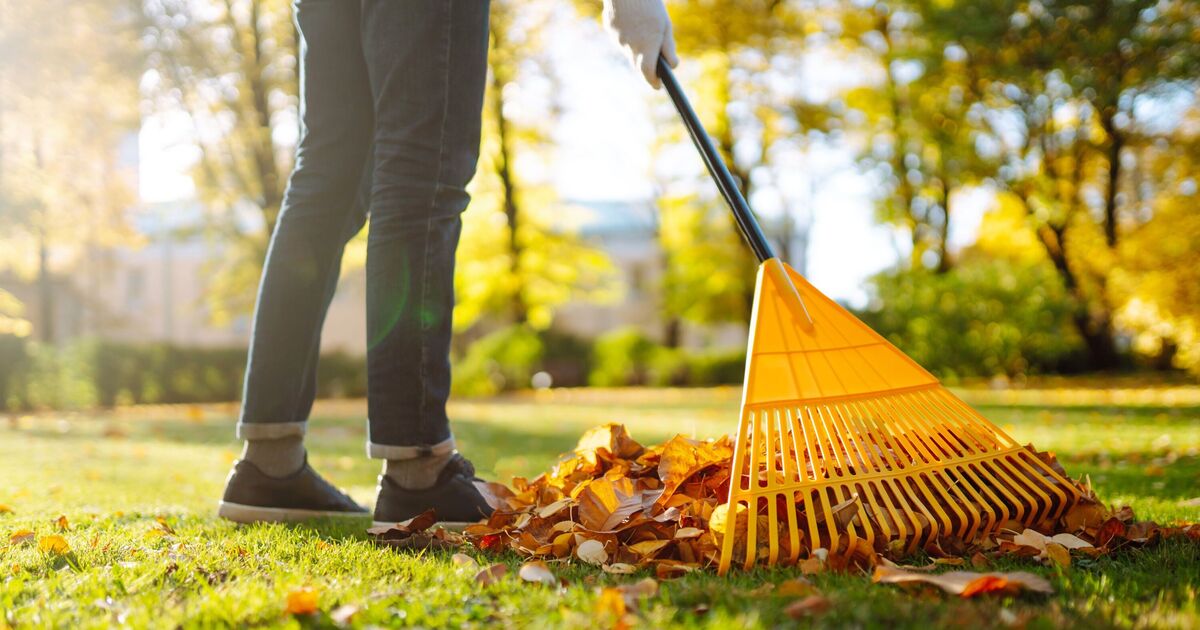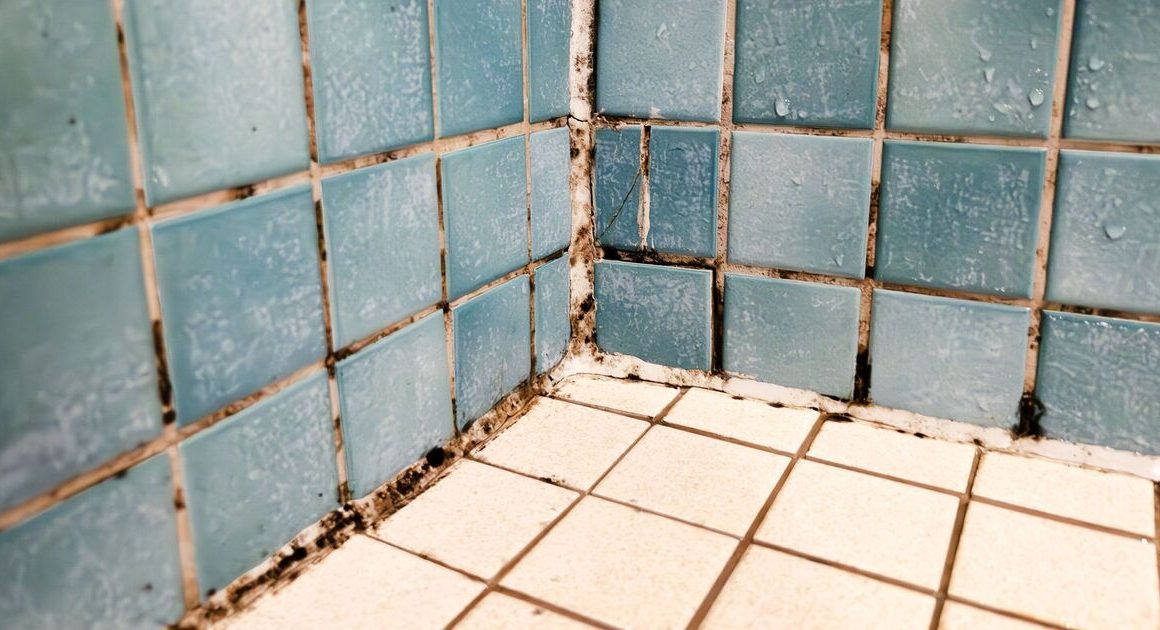Gardening expert James Lewis from MyBuilder.com warned of the risks of disregarded decaying fruit, which can lead to a variety of issues. Leaving it on your lawn can attract pests, such as wasps and insects, and can also result in unwanted tree growth.
These problems, while some are merely bothersome, others can be quite costly—potentially amounting to hundreds of pounds—or even cause damage to your trees.
The optimal approach is to collect fallen fruit promptly, as decomposing fruit draws in pests like wasps, and can spread seeds to other areas, causing unwanted self-seeding of new trees.
Lewis advised: “It may seem like an unnecessary job to pick up fruit, but actually it can cost you a lot more time, energy, and even money, if you leave it.
“Unpleasant outcomes, like the smell it can cause, are one thing – but attracting rats or causing the death of your tree is entirely another. Pick up the fruit and dispose of it in a compost heap well away from your home, or take it to the tip if needed. It will save you many potential problems if you do.”
Here are some problems that can arise from leaving fruit to rot:
Pest attraction:
Decaying fruit draws wasps, bees, and other insects, which can disrupt your enjoyment of the garden and result in stings or bites. More critically, the smell of rotting fruit can attract rats, providing them with a food source.
A rat infestation is not only distressing but can be expensive to manage, with pest control services starting around £100 and potentially costing much more if the infestation is severe.
Disease:
Fallen fruit fosters the growth of bacteria and fungi, which can spread to your tree and nearby plants if left unchecked.
Diseased trees may require removal, potentially costing over £200. Also, treating diseased trees can result very costly and often ineffective.
Weed growth:
Rotting fruit enriches the soil with organic matter, creating ideal conditions for weeds to thrive around fruit trees.
While you can manually remove weeds, this becomes an ongoing chore once they become established. Costs can include purchasing weedkillers or paying for gardening services.
Lawn damage:
Fallen fruit can impact your lawn by blocking sunlight and air, and the weight can flatten the grass.
This can lead to yellowing, dormancy, and even death of the grass if not addressed. Reviving a lawn can be expensive, involving costly treatments or, in extreme cases, re-turfing.
Uncontrolled plant spread:
For trees, fruit serves as a means to disperse seeds. Allowing fruit to remain on your lawn can lead to rapid seed dispersal and an influx of saplings, particularly from species like apple trees.
If you don’t want a proliferation of young trees, it’s best to remove the fallen fruit promptly.












